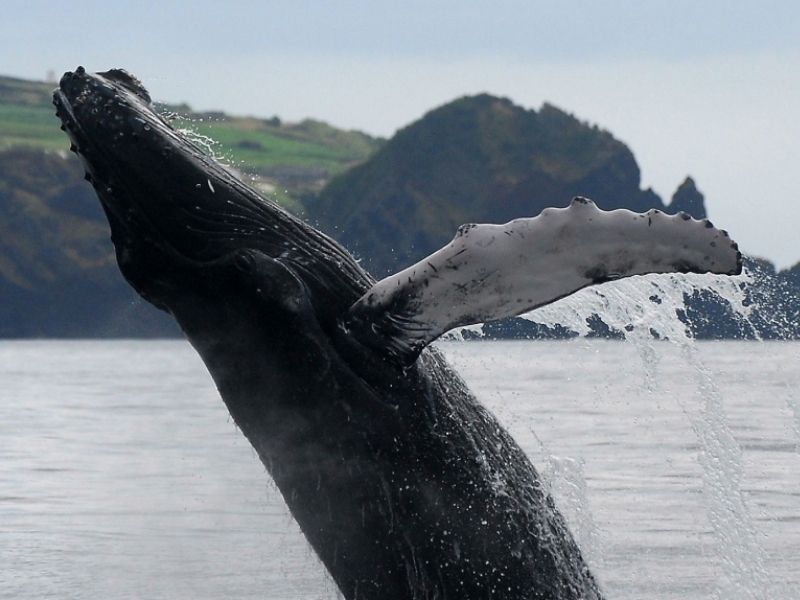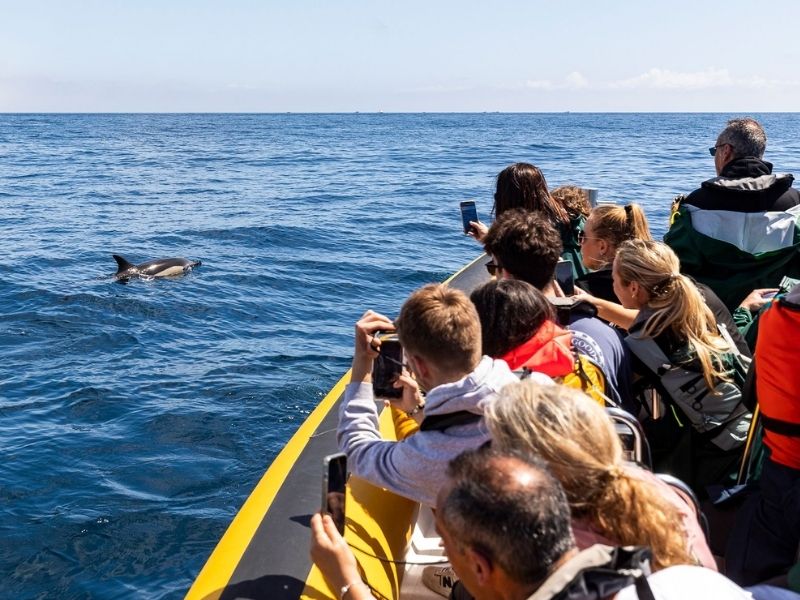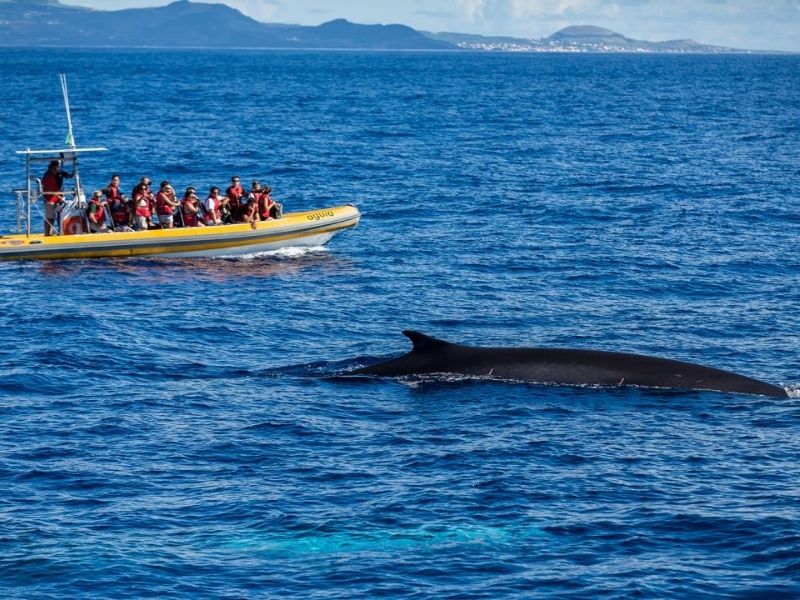In the annals of conservation history, few stories are as heartening as the transformation of islands once known for their ruthless pursuit of whales into havens for their protection and appreciation. This remarkable shift is a testament to the power of collective awareness and the resolve of communities to make amends for past wrongs. Let’s delve into the journey of these islands, from the dark days of whaling to their current status as champions of marine conservation.

ctvnews.ca
Whaling’s Grim Legacy
Not so long ago, several islands were synonymous with the harrowing practice of whaling. Fueled by economic necessity, these communities embarked on perilous expeditions in pursuit of these majestic creatures. The once plentiful populations of whales were decimated, driving many species to the brink of extinction. Once bustling whaling hubs, the islands bore witness to the grim aftermath of this unsustainable industry.
Awakening To Conservation
As global awareness about the devastating impact of whaling grew, so did the resolve to rectify this ecological imbalance. Communities on these islands began to recognize the intrinsic value of these creatures in their natural habitat. Grassroots movements, bolstered by scientific research and international cooperation, laid the foundation for a monumental shift in perspective.

edition.cnn.com
Whale-Watching: A Sustainable Alternative
The transition from whale hunting to whale watching marked a turning point in the relationship between these islands and the marine environment. Today, tourists flock to these once-infamous shores not to partake in the hunt but to witness the awe-inspiring spectacle of whales in their natural habitat. This shift not only revitalized local economies but also breathed new life into the ecosystems that these islands are a part of.
Economic Benefits And Conservation Synergy
The economic benefits of whale watching cannot be understated. It has emerged as a sustainable and lucrative industry, generating revenue for local businesses and communities while preserving fragile marine ecosystems. This economic incentive has created a positive feedback loop, further galvanizing efforts to protect the creatures that draw visitors in droves.
